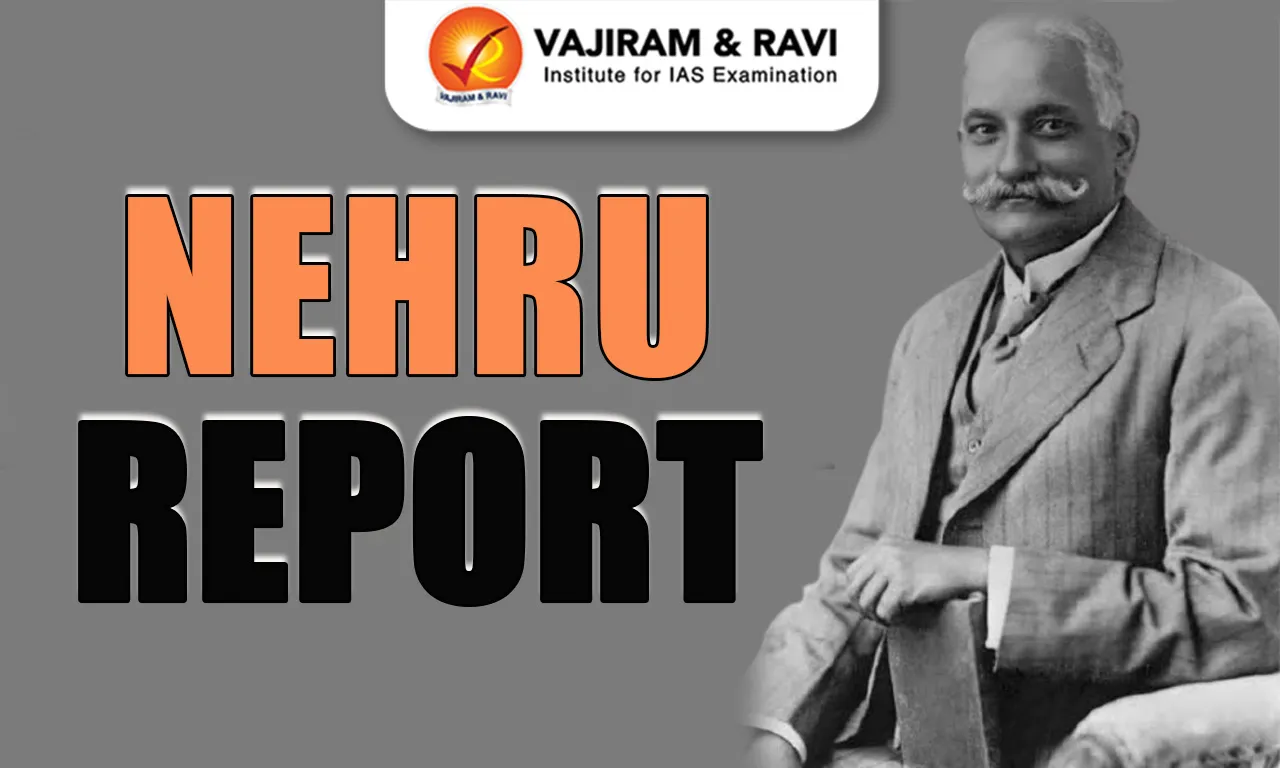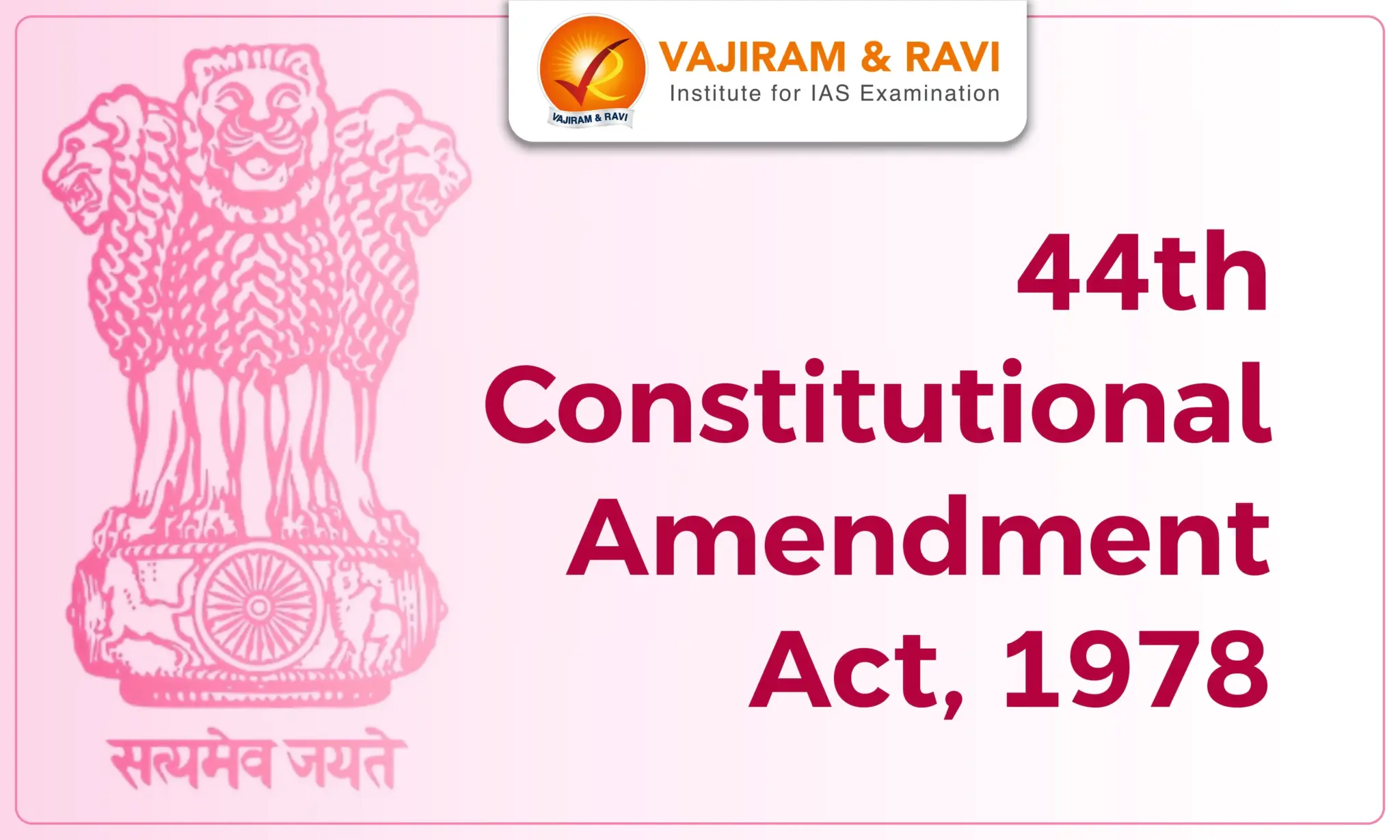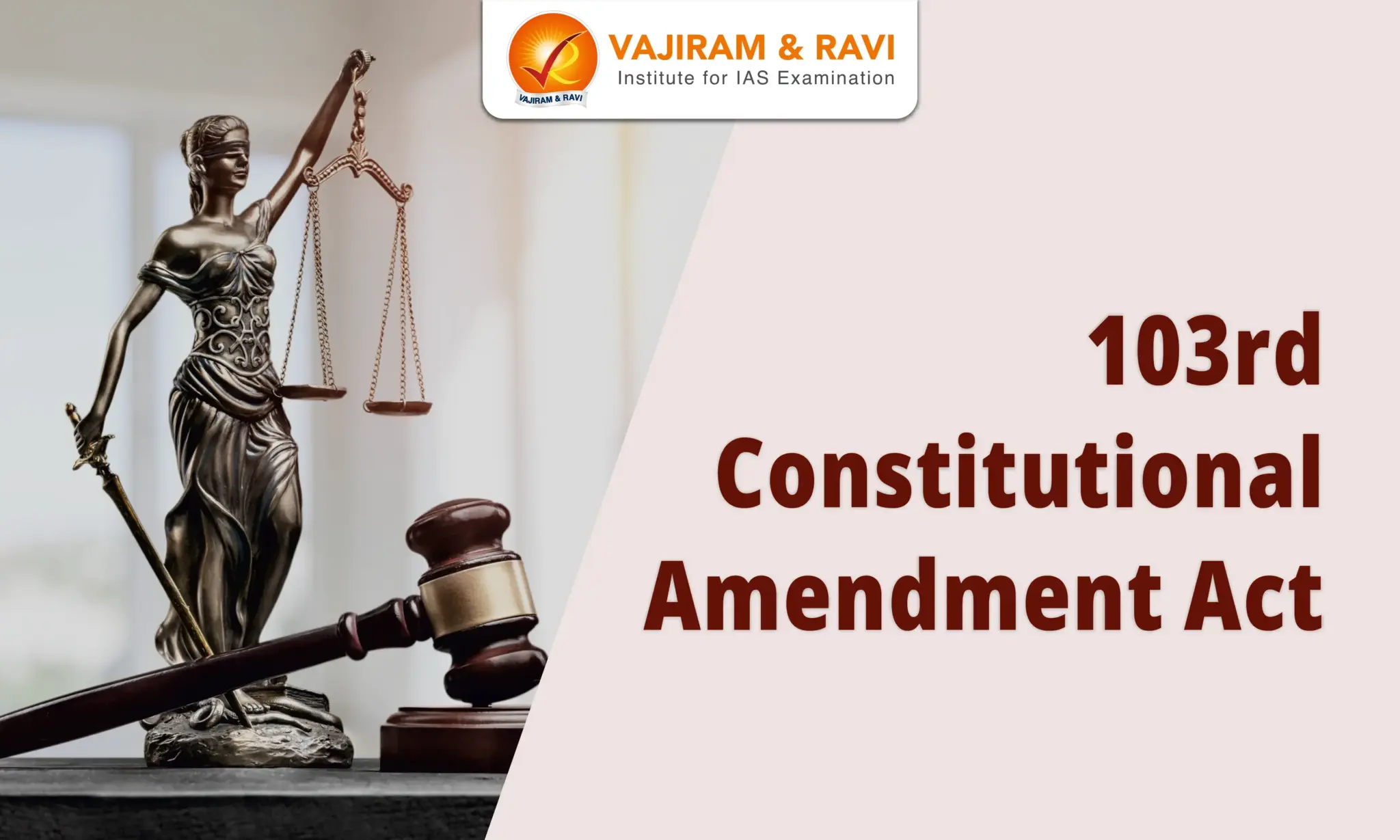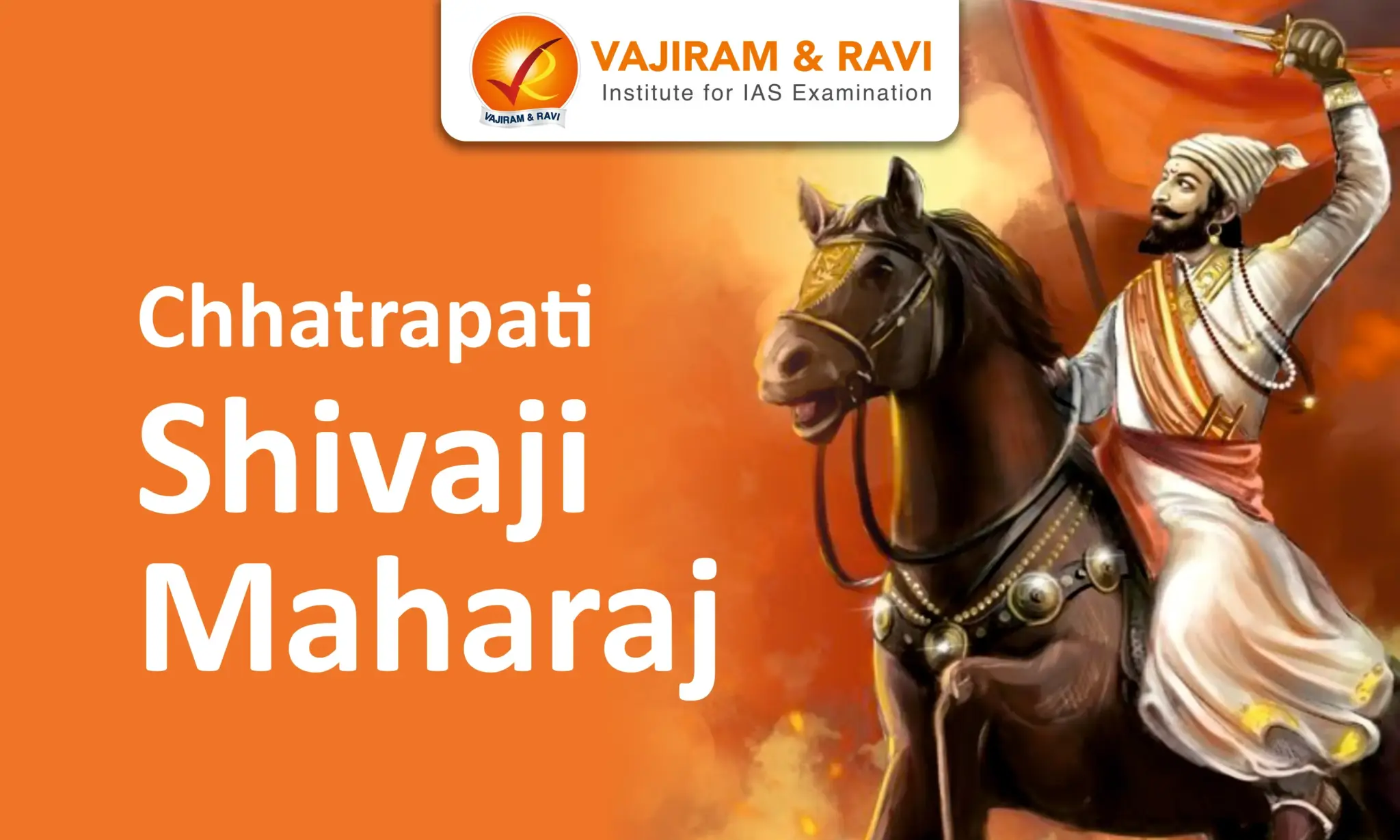The Nehru Report was the first significant attempt by Indians to establish a constitutional framework for the country. It was drafted by a subcommittee formed under Motilal Nehru during the All Parties Conference in February 1928.
By August 1928, the Nehru Report was finalized, advocating "dominion status" as the foundation for India's constitution. However, a minority within the committee pushed for "complete independence," and they were granted the freedom to pursue this goal independently.
Nehru Report Overview
The Nehru Report was drafted in response to the Simon Commission, which the British government appointed in November 1927to review the Government of India Act, 1919 and suggest constitutional reforms. The commission lacked Indian members, which angered nationalist leaders.
- Despite acknowledging the discontent, the British refused to change the commission's composition. Instead, they challenged Indians to create their constitution.
- Madras Session, 1927: In response, the Indian National Congress, during its Madras session in December 1927, made two key decisions:
- First, it decided to boycott the Simon Commission.
- Second, it decided to convene an All-Party Conference and appoint a subcommittee to draft a constitution for India.
- Sub-committee: It was chaired by Motilal Nehru, and included members like Tej Bahadur Sapru, Subhash Bose, M.S. Aney, Mangal Singh, Ali Imam, Shuab Qureshi, and G.R. Pradhan.
Nehru Report Recommendations
The Nehru Report, completed in August 1928, was a landmark proposal for India's future constitutional framework, advocating dominion status within the British Commonwealth. Despite receiving objections from younger leaders, the Congress ultimately approved the Nehru Report. Key elements of the Nehru Report included the following:
- Dominion status: The Nehru Report proposed Dominion status as India's preferred form of government. However, at the December 1928 Calcutta Congress session, younger leaders like Jawaharlal Nehru, Subhash Bose, and Satya murthy opposed dominion status, advocating for complete independence.
- Joint electorates: The Nehru Report rejected separate electorates for any individual community.
- Instead, the report proposed joint electorates with reserved seats for religious minorities at the Centre and in provinces where they were in the minority, such as the United Provinces, Central Provinces, and Bombay.
- Linguistic Provinces: The Nehru Report proposed the creation of provinces based on language, ensuring that people could govern themselves in their native tongue.
- Fundamental Rights: The Nehru Report outlined nineteen fundamental rights for all citizens, including equal rights for women, the right to form unions and universal adult suffrage.
- Structure of Executive and Legislature: The Nehru Report called for responsible government both at the Centre and in the provinces.
- At the Centre, a bicameral legislature was proposed, with the central government led by a British-appointed governor-general.
- The governor-general would act on the advice of an executive council accountable to Parliament.
- Provincial councils would have a 5-year term, with a governor serving as the head and acting on the advice of the provincial executive council.
- Federal System: The Nehru Report advocated for a federal form of government with residuary powers vested in the centre.
- Cultural and Religious Rights: The Nehru Report emphasized the need to fully safeguard the cultural and religious rights of religious minorities.
- Secularism: The Report also proposed a complete separation of the State from religious affairs.
- Bill of Rights: In contrast to the later Government of India Act, 1935, the Nehru Report included a Bill of Rights.
Nehru Report Reactions
Despite the initial enthusiasm and unity among political leaders, communal differences arose during the process of drafting the Nehru Report. Consequently, the Report became entangled in controversies over communal representations.
- Muslim League's reaction: The Nehru proposals were largely rejected by Muslim League leaders. In response, Muhammad Ali Jinnah drafted his Fourteen Points in 1929.
- The main objections to the Nehru Report were the rejection of separate electorates and weightage which had been provided in the Lucknow Pact of 1916 but were dismissed in the Nehru Report.
- They also argued that residuary powers should be allocated to the provinces instead of the Centre.
- While they would hold a majority in the North-East and North-West provinces, they would remain a minority at the national level.
- The Nehru Report was opposed by the Hindu Mahasabha and Sikh sectarian groups.
- Within the Congress, the younger section led by Jawaharlal Nehru and Subhash Bose rejected the idea of dominion status as a regressive step and formed the Independence for India League.
Nehru Report Impact
The Nehru Report had limited practical results, but it was praised for its frankness in addressing communalism and its proposal for dominion status. Moreover, the report's fundamental rights section was a precursor to the Fundamental Rights in the Indian Constitution and it was exceptional in its early envisioning of social and economic rights.
Nehru Report UPSC PYQs
Question1. With reference to the period of Indian freedom struggle, which of the following was/were recommended by the Nehru report? (UPSC Prelims 2011)
- Complete Independence for India.
- Joint electorates for reservation of seats for minorities.
- Provision of fundamental rights for the people of India in the Constitution.
Select the correct answer using the codes given below
(a) 1 only
(b) 2 and 3 only
(c) 1 and 3 only
(d) 1, 2 and 3
Ans: (b)
Last updated on February, 2026
→ UPSC Notification 2026 is now out on the official website at upsconline.nic.in.
→ UPSC IFoS Notification 2026 is now out on the official website at upsconline.nic.in.
→ UPSC Calendar 2026 has been released.
→ UPSC Final Result 2025 is expected to be released in the first week of March 2026.
→ Check out the latest UPSC Syllabus 2026 here.
→ Join Vajiram & Ravi’s Interview Guidance Programme for expert help to crack your final UPSC stage.
→ UPSC Mains Result 2025 is now out.
→ UPSC Prelims 2026 will be conducted on 24th May, 2026 & UPSC Mains 2026 will be conducted on 21st August 2026.
→ The UPSC Selection Process is of 3 stages-Prelims, Mains and Interview.
→ Prepare effectively with Vajiram & Ravi’s UPSC Prelims Test Series 2026 featuring full-length mock tests, detailed solutions, and performance analysis.
→ Enroll in Vajiram & Ravi’s UPSC Mains Test Series 2026 for structured answer writing practice, expert evaluation, and exam-oriented feedback.
→ Join Vajiram & Ravi’s Best UPSC Mentorship Program for personalized guidance, strategy planning, and one-to-one support from experienced mentors.
→ Check UPSC Marksheet 2024 Here.
→ UPSC Toppers List 2024 is released now. Shakti Dubey is UPSC AIR 1 2024 Topper.
→ Also check Best UPSC Coaching in India
Nehru Report FAQs
Q1. What was a major point of the Nehru Report?+
Q2. Why did Jinnah Oppose the Nehru Report?+
Q3. Who was the chief architect of the Nehru Report?+
Q4. What are the features of the Nehru Report? +
Q5. When did the Nehru Report come?+
Tags: nehru report quest
















